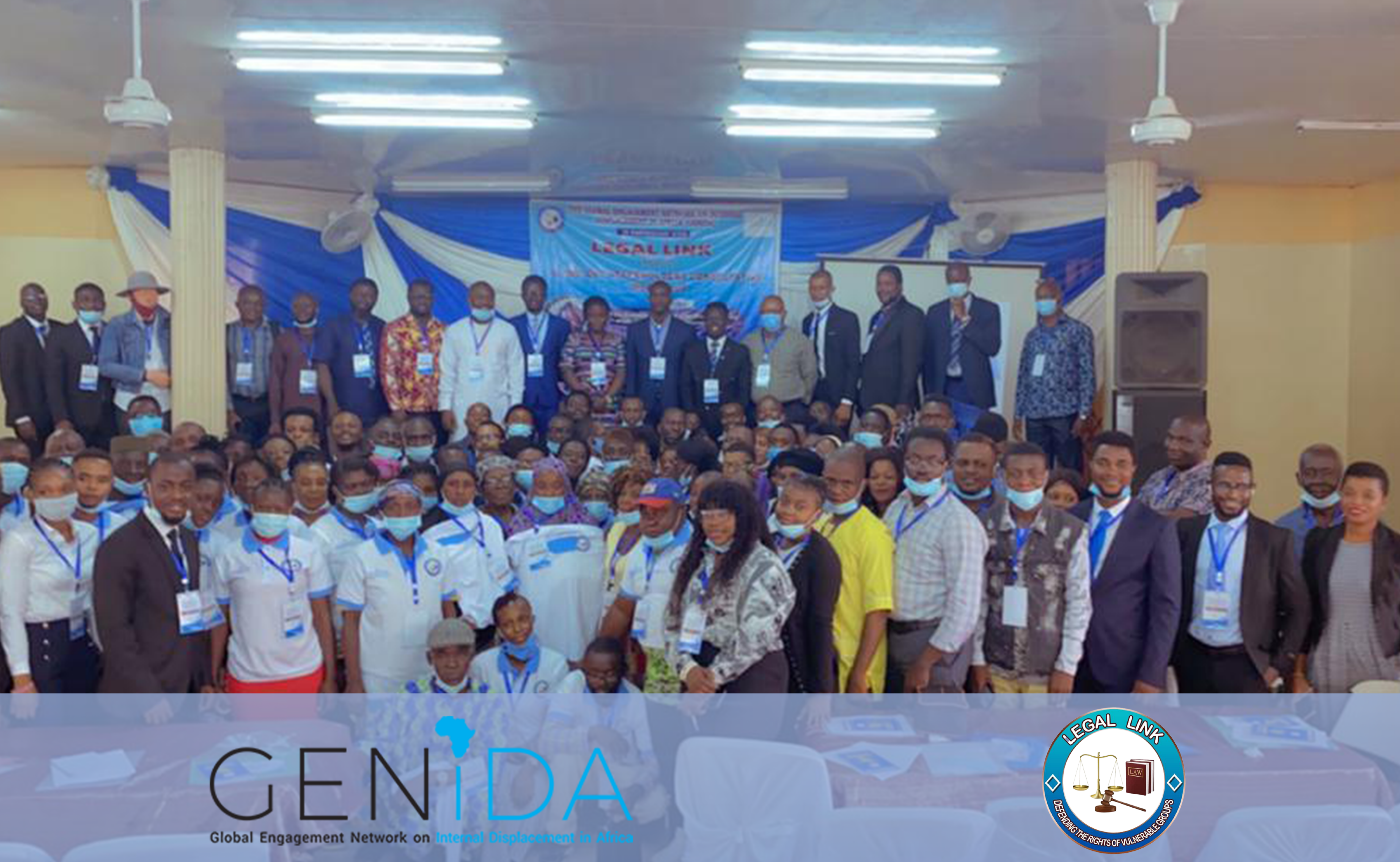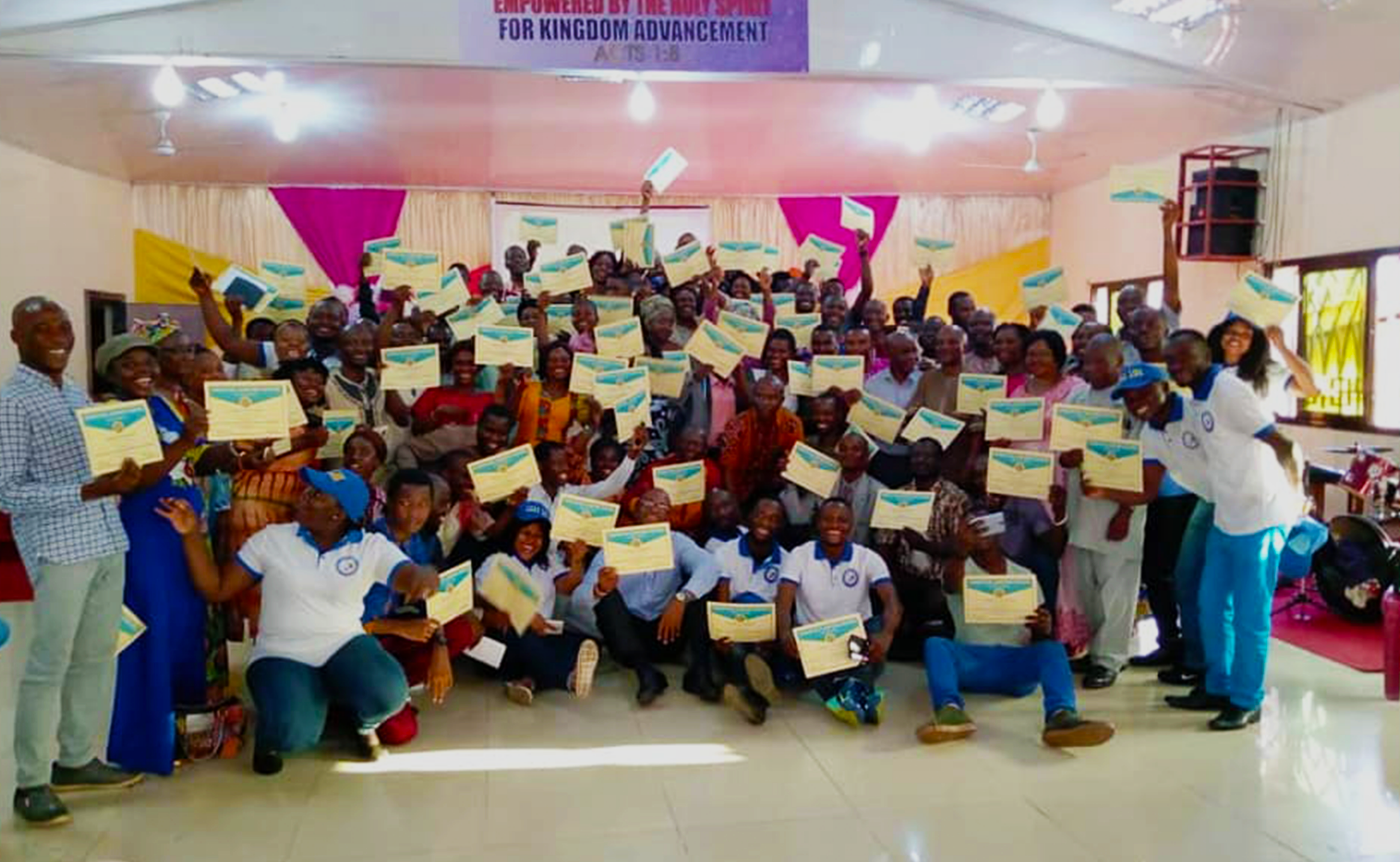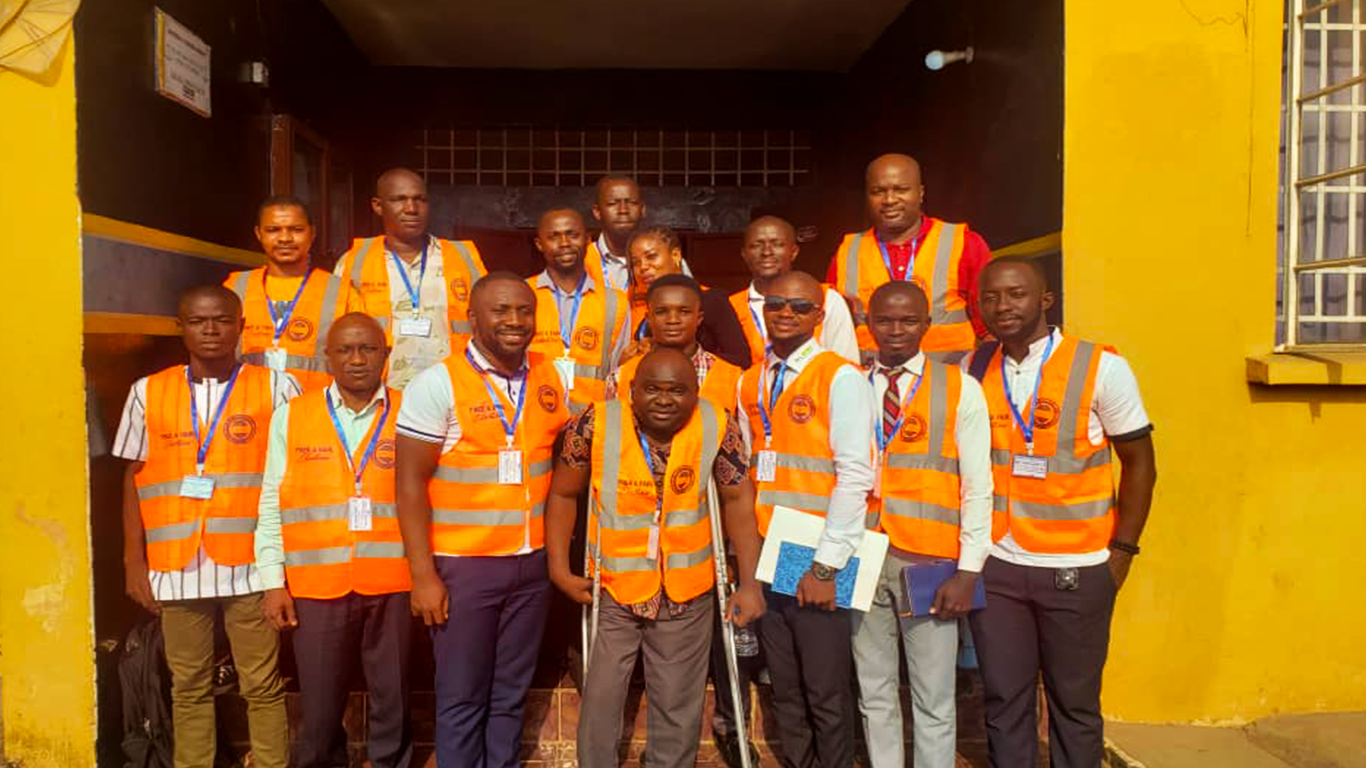
THE CIVIL SOCIETY WORKING GROUP ON ELECTIONS AND HUMAN RIGHTS CALLS ON ECSL TO EXTEND THE VOTER ID CARD DISTRIBUTION PERIOD AS PRELIMINARY REPORT SHOWS THAT A REASONABLE NUMBER OF ID CARDS HAVE STILL NOT BEEN COLLECTED BY REGISTRANTS
The Civil Society Working Group on Elections and Human Rights is a consortium of 25 independent civil society organizations working around issues of human rights, democratic good governance, rule of law, constitutionality and free, fair and credible elections in Sierra Leone.
It was set up in a bid to complement the efforts of the government, National Electoral Commission, elections management bodies and other partners in conducting free, fair, inclusive, transparent and credible elections in the country.
After the commencement of the voter ID card distribution exercise as directed by ECSL coupled with the many challenges echoed by registrants about the quality of the ID cards and mistakes on their personal information, a monitoring group was commissioned by the CSO WORKING GROUP to embark on a random sampling monitoring exercise of the voter ID cards distribution exercise in different centres across the country.
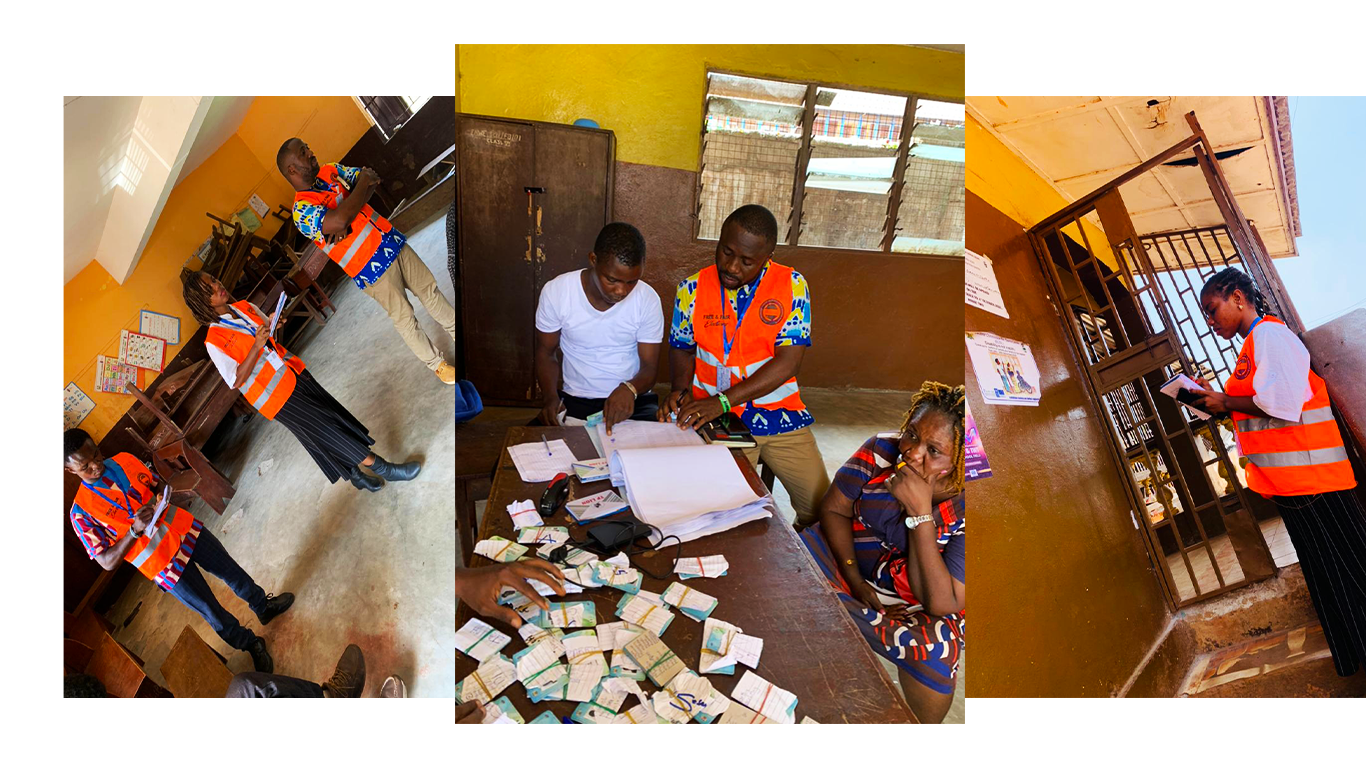
METHODOLOGY
The methodology adopted by the CSO WORKING GROUP in this monitoring exercise includes:
Observation
Interviews
Focus Group Discussion
Desktop Reviews
Before the deployment of the monitoring team on the field, Guiding Principles for elections monitoring and an elections monitoring checklist were developed and monitors were provided with training on these documents.
PRELIMINARY FINDINGS
The preliminary report findings have been categorized into both positive and challenges.
POSITIVES
Polling Stations opening on time
It was observed by the Monitoring team that saved for a few, the majority of the ECSL collection centres opened up on time.
Calm and serene environment around distribution centres
The atmosphere at the distribution centres was relatively calm and peaceful in most areas visited except for a few reports of minor disturbances by some party agents in certain places monitored.
Non- complex and simple card collection process
The process involved in the issuing out voter i.d cards was simple and non-complex according to various citizens interviewed who went to collect their cards. The challenges however are only evident when a registrant misplaced his or her slip or where no information exists for a registrant at the centre they previously registered.
Increased security features on the voter ID card
It was noted that the new voter ID card introduced by ECSL for the June 2023 elections contained several security features.
According to a key staff of the Commission, this was done to prevent double voting, fake ID card duplication and voter fraud in the electioneering process.
CHALLENGES
Notwithstanding the above positive findings, the following challenges were observed.
1. Slow/ low turnout of registrants to Collect the Cards -
Instead of the expected queue of people showing up to collect their cards, distribution centres were relatively empty, looking almost like hollow hunted houses, with just one or two people showing up from time to time.
According to several ECSL staff at the collection centres, the rate of turnout of people collecting their cards was much higher on the first and second days of the distribution period. Since then, the process have seen a steady decline with an average of less than 50 people per day in some areas.
Noticeable also by the Monitoring team was that there are still a reasonable number of uncollected ID cards, as high as over 500 cards (as of last Friday ) in some centres visited.
Some of the reasons attributed to this low/slow turnout were,l that citizens are being restricted to use the card for voting purposes only; the amateur, uncoloured and unattractive dark appearance of the photos; and the tendency of citizens' to encounter delay in collecting their cards.
2. Problem of Relocated Cards There were significant number of cases of people showing up to collect their cards only to be told that it has been relocated to another centre. In some cases, people who registered in Western urban centres for instance, would have their cards/information traced to a centre as far as Waterloo. Some citizens have described the incidence as very frustrating and discouraging.
One major reason which was given for the relocation of certain i.d cards was the two round voter registration process instituted by ECSL, which caused some names to be displaced in the re-arrangement of registration centres.
In case of a relocated card, it was observed that the distribution officers did their best to trace the cards in the system and try to have it sent back to the original location as long as the person can confirm their details.
The monitoring team also noted that affected persons were issued an attestation form which serves as a guarantee to vote in case the ID cards cannot be retrieved or collected in time for the elections.
3. Absence of Security presence in most of the ID card collection Centres
It was noted with utter surprise that there was an acute absence of police presence to ensure orderliness and the securitization of the process in majority of the centres visited.
This lack of security presence poses a significant threat to the safety of ECSL personnel involved in the issuance process.
4. The attitude of some ECSL personnel at centres visited was hostile, rude and unwelcoming.
The monitoring team witnessed some unwelcoming responses from a few ECSL staff in some centres particularly in Freetown when it attempted to ask for updates on the collection of ID cards by citizens.
The monitoring team find this behavior by a few ECSL staff as unfortunate and unprofessional since accreditation was given to the CSO WORKING GROUP to observe the process and report on the challenges therein.
It is hoped that ESCL staff will exhibit the highest degree of professionalism with accredited observer groups in their duty stations going forward.
5. Absence of other party agents aside SLPP and APC party agents
The absence of other party representatives like NGC and C4C observers show the level of apathy and perfunctory approach even by political parties to such a crucial component of the electioneering process.
6. Dark and uncoloured photos in the ID cards of many registrants
Majority of the ID cards seen by the Monitoring team as collected by registrants had dark and uncoloured photos with some of them not resembling the faces of the beholders. This situation was the highlight and talking point of the process, bringing a lot of frustration and disappointment to many registrants.
7. Spelling errors and minor mistakes on the ID cards
Several complaints were also received by the Monitoring team from registrants regarding spelling errors and minor mistakes on their personal information and details. It was not made clear by ECSL Centre Coordinators at the time as to how ECSL intends to resolve these minor errors given the shortness of the time to the elections.
8. Unclear procurement process around the voter ID cards
Several registrants and political party agents raised concerns to the monitoring team about the procurement process of the ID cards by ECSL.
Many believe that due process was not followed in line with local laws and international best practice regarding the bidding process. They also alleged that ECSL was not transparent to political parties and the citizens about the voter ID card procurement process.
9. Late distribution of the ID cards by ECSL contributing to apathy of Registrants.
Many of the citizens interviewed by the Monitoring team in the field expressed disappointed over the lateness of the distribution of the ID cards by ECSL and even believed that it contributed partly to the apathy of citizens in collecting their voter ID cards on time.
10. Not much effort was seen in the streets by either ECSL or Political party stakeholders to woo registrants into collecting their voter ID cards at the time of the Monitoring.
While some efforts were later made in the last three days of the voter collection exercise, not much was seen in the early collection days by the Monitoring team particularly on the streets either from ECSL or Political party stakeholders to incentivize citizens to collect their voter ID cards which will make them eligible to vote in the June 2023 elections. This was quite unfortunate to say the least.
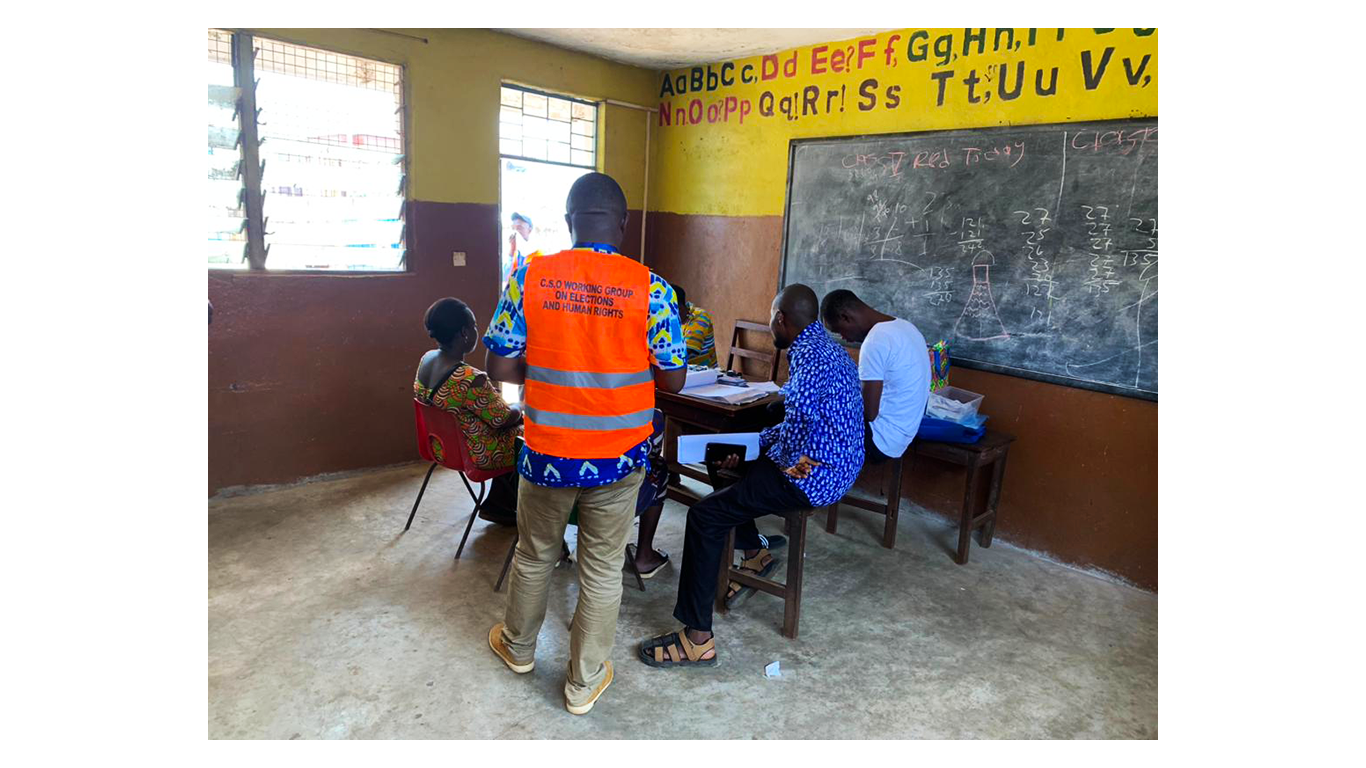
RECOMMENDATIONS
From the above findings, the following action points are urgently recommended by the CSO WORKING GROUP ON ELECTIONS AND HUMAN RIGHTS.
1) ECSL must give a reasonable extension to the voter ID card collection exercise to enable the remaining ID cards collected at the centres
2) More transparency and accountability needs to be ensured by ECSL as regards the procurement process and the poor photo quality of the ID cards.
3) More explanation and clarity needs to also be made by ECSL as to how holders of attestation forms will ultimately participate in the electioneering process. There is a lot of fear and apprehension by these category of Registrants that they might be disenfranchised on polling day.
4) ECSL staff needs to be open and transparent to accredited observers and willing to answer questions and give updates on the process they are handling.
5) Political party stakeholders must develop robust strategies regarding the wooing of registrants to participate in the electioneering process. There is the high likelihood for voter apathy to characterize the forthcoming elections if much is not done in this regard by political parties.
6) Government should endeavor to create the enabling environment for citizens to exercise their democratic rights and participate in the electioneering process in peace and quiet. The wilful tearing of the posters and destruction of bill boards of both candidates of the SLPP and APC without much intervention by the state authorities to prevent such or punish perpetrators over such behaviours hurts the democratic process and instill an atmosphere of fear of violence in the electioneering process. This kind of intolerant behavior will ultimately make room for voter apathy amongst electorates in the future.
7) The Sierra Leone police must ensure to always provide security presence in any phase of the electioneering process. The need for their presence in the voter ID card distribution centers cannot be over-emphasized.
8) More political parties should be involved in the observation of the electioneering process. It is risky to leave the whole process in the hands of these two dominant parties (SLPP, APC) who have been so intolerant with each other right from the beginning of the electioneering process. Sierra Leone is a multi party democratic nation. Hence, the need for many political parties to be allowed to take part in the electioneering process.
CONCLUSION
The Steering Committee of the CSO WORKING GROUP ON ELECTIONS AND HUMAN RIGHTS thank the Monitoring team for taking part in the exercise and further expresses it's delight over the decision of ECSL to accredit them to monitor the voter ID card distribution Exercise.
The Working Group pledges it's unflinching commitment to continue to advocate for due process, respect for Human Rights, rule of law, democratic good governance and free, fair and credible elections in Sierra Leone.
END#
Rashid Dumbuya Esq
National Coordinator
Christopher Michael
Secretary General
About the CSO WORKING GROUP
This is a Consortium of about 25 independent civil Society organizations working around issues of human rights, democratic good governance, rule of law, constitutionality and free, fair and credible elections in Sierra Leone.
Its primary objective is to complement the efforts of the government, National Electoral Commission, elections management bodies and other partners in conducting free, fair, inclusive, transparent and credible elections in the country.
Office Address: 89 Fort Street, Freetown
For more information about joining the CSO WORKING GROUP ON ELECTIONS AND HUMAN RIGHTS, please contact the following persons:
Christopher Michael:
076493396
Sarafina Sesay:
073 007113
079167457
All Rights Reserved
LEGAL LINK MEDIA
End
Category
Recent Posts
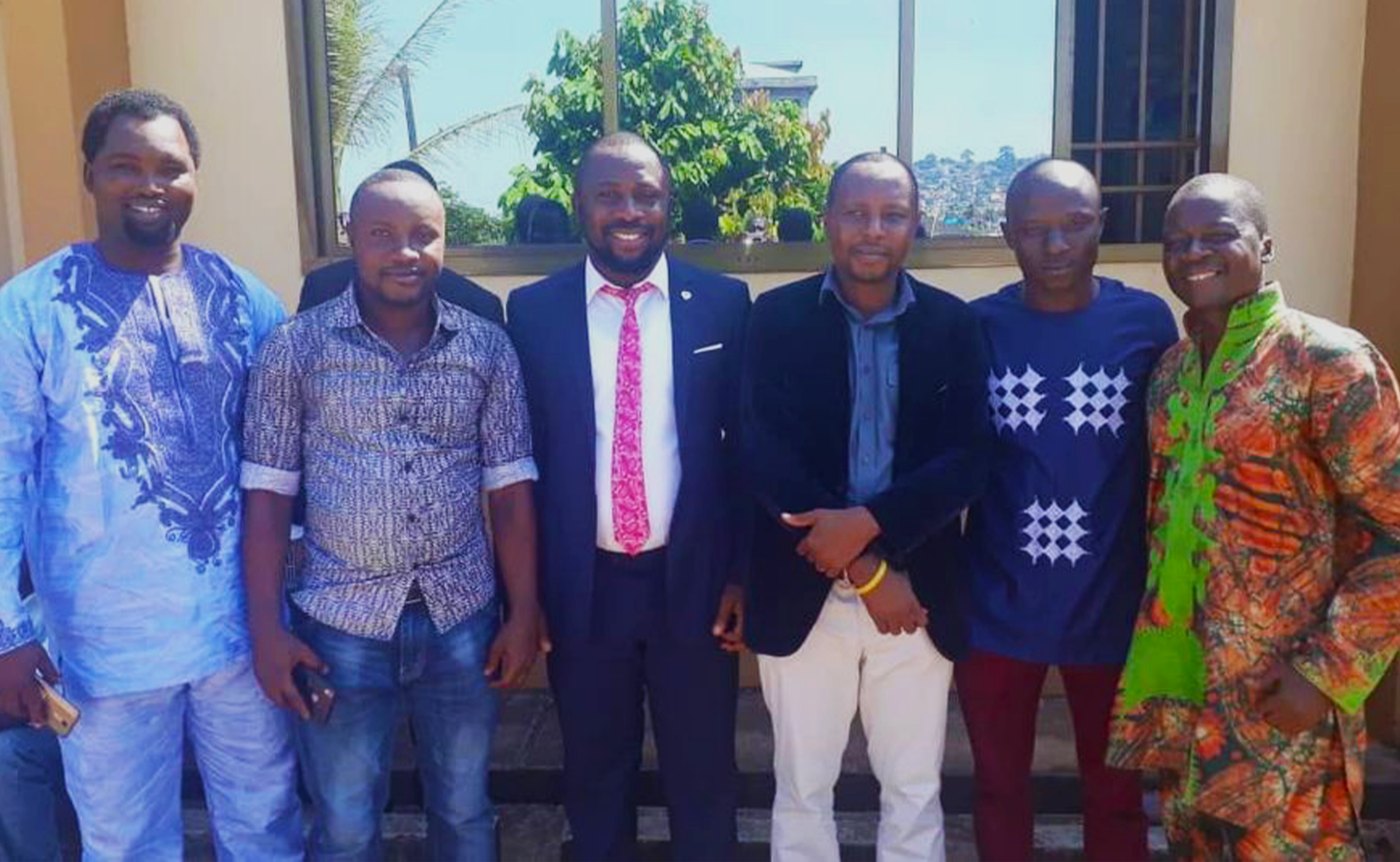
Tags
Similar Posts
 Media Update
Media Update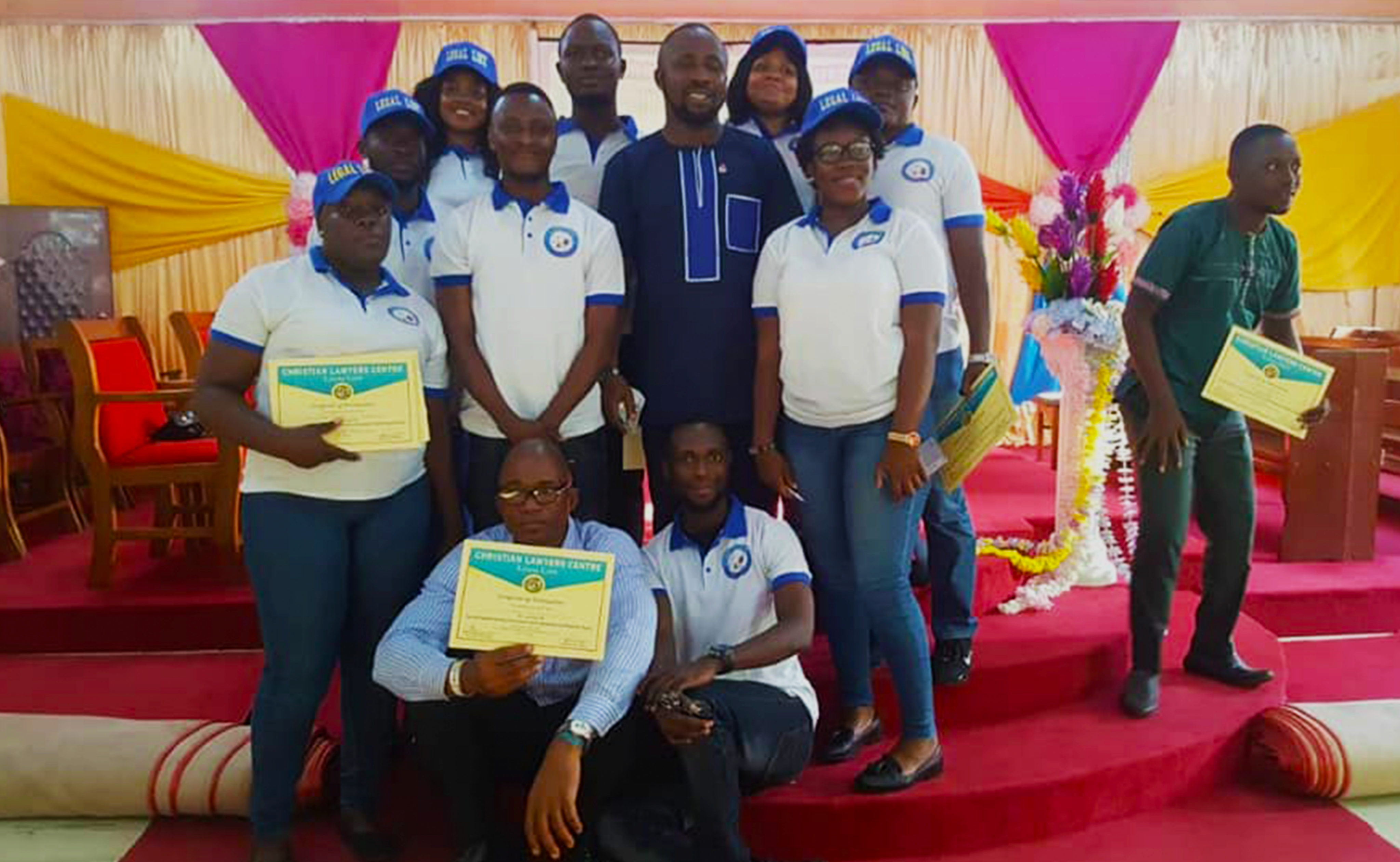 Media Update
Media Update

